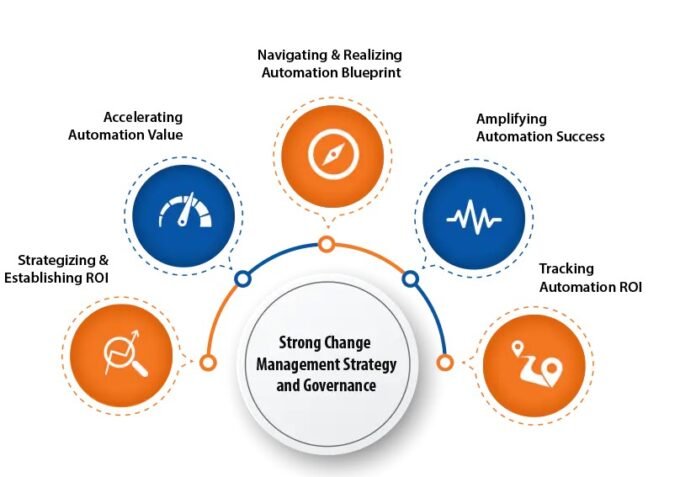Small businesses are the backbone of the economy, but they often struggle with finances. If you’re a new business and you’re unsure how to manage your money, this could mean that you face issues concerning cash flow and may even end up in debt in the worst-case scenario. Thankfully, there are ways that you can boost your finances, with small business loans being the most popular option to help a business grow and give them everything they need to operate effectively. Below, we’ll look at 5 common financial mistakes small businesses make and how you can avoid them – making your business the success you’ve always imagined it to be.
Not Creating a Budget
One of the most common financial mistakes small businesses make is not creating a budget. A budget is a plan for how to allocate resources, including money, over a certain period of time. Without a budget, it is easy to overspend and get into financial trouble. To avoid this mistake, create a budget and stick to it.
Not Keeping Accurate Financial Records
Another common financial mistake small businesses make is not keeping accurate financial records. Financial records are necessary for tracking income and expenses, preparing financial statements, and filing taxes. Without accurate financial records, it is difficult to know how the business is performing and make informed decisions. To avoid this mistake, keep accurate financial records and use accounting software to help with the process.
Not Separating Personal and Business Finances
Many small business owners make the mistake of not separating their personal and business finances. This can lead to confusion and make it difficult to track the financial performance of the business. To avoid this mistake, open a separate bank account for the business and use it exclusively for business transactions.
Not Managing Cash Flow
Cash flow is the amount of money coming in and going out of a business. Not managing cash flow is a common financial mistake small businesses make. Without proper cash flow management, businesses may struggle to pay bills and make ends meet. To avoid this mistake, create a cash flow projection and use it to make informed decisions about spending and revenue.
Not Planning for Taxes
Many small businesses make the mistake of not planning for taxes. Without proper planning, businesses may end up owing more than they can afford to pay. To avoid this mistake, consult with a tax professional and create a tax plan. This will help ensure that the business is paying the correct amount of taxes and has enough money set aside to pay any taxes owed.
Small businesses are essential to the economy, but they often struggle with finances. By avoiding these common financial mistakes, small businesses can improve their financial situation and increase their chances of success. Creating a budget, keeping accurate financial records, separating personal and business finances, managing cash flow, and planning for taxes are all important steps for small business owners to take in order to stay financially stable.








